Colorado National Speedway Demonstrates SmartMIX Asphalt Technology
Project made possible by Waste Tire Market Development Grant
In partnership with the Colorado Department of Public Health & Environment (CDPHE) Waste Tire Market Development Program, Colorado National Speedway (CNS) is putting new rubberized technology to the test in the demanding Colorado climate on the state’s premier NASCAR track.
“We tried to use recycled tire rubber in the past, but it was too expensive and difficult to coordinate with the extra liquid tanks and specialized equipment. This time around the process was pretty straightforward,” CNS owner Jim Nordhougen, said.
The innovation comes from Liberty Tire Recycling’s SmartMIX Reacted Rubber Particle Technology that pre-cooks rubber powder and oil together before it is delivered to the asphalt mix producer, eliminating the need specialized equipment, extra liquid storage or mixing, Doug Carlson, VP of Asphalt Products for Liberty Tire Recycling said.
 “With SmartMIX, there is very little change to a mix producer’s operation. We just add 12 pounds of the treated rubber powder along with the recycled mix that they are already using. It is really easy to do.”
“With SmartMIX, there is very little change to a mix producer’s operation. We just add 12 pounds of the treated rubber powder along with the recycled mix that they are already using. It is really easy to do.”
According to Dan Kehn, CEO of Kehn Construction of Ft. Collins, Smart- MIX rubber gets added to the mix along with recycled asphalt. A blower handles the rubber powder and adds it accurately to the mix it in the right proportion
The CNS track paving project in the Pit Road area used 130 tons of recycled asphalt along with recycled tire rubber from 520 end-of-life passenger tires in 650 tons of the rubberized mix.
Brian Gaboriau, CDPHE Waste Tire Grants Administrator said Colorado National Speedway is the first to implement the technology in the state. “ We are interested in how the new technology works out,” he said.
For track owner Nordhougen a goal of the project is to be able to recycle the scrap tires generated and collected at the track and turn them into longer lasting track surfaces in the future.
“Waste tires can be a challenge to manage if not disposed of properly,” Gaboriau said. “If the rubberized asphalt market develops as a result of the project, we can close the loop on waste tire collection, processing and beneficial re-use in our state.”
© Scrap Tire News, July 2022






